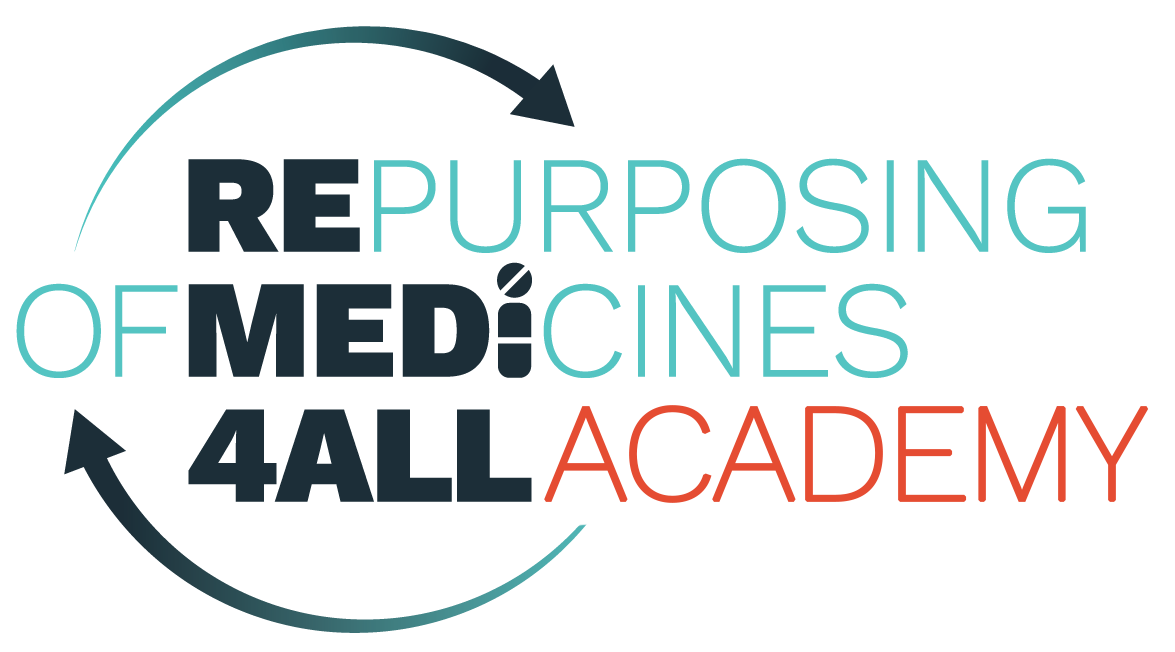Welcome to Module 6: Regulation
Pharmaceutical regulations establish the scientific criteria and framework necessary to deliver safe, effective, and high-quality medicines to Patients . Regulatory bodies play a pivotal role in this process by:
- Establishing standards and developing Guidelines on the requirements for quality, Safety , Efficacy , and ethical testing of medicines.
- Facilitating development and access to medicines.
- Monitoring the safety of approved Medicinal products .
- Evaluating the marketing authorisation of medicines and monitoring their Benefit -risk profile throughout their lifecycle.
For a medicine to be available on the market in a particular country or geographic area, it is essential to receive marketing authorisation. This is the ultimate aim for medicine developers and whilst this step takes place near the end of the development pathway, it is essential to consider at the beginning of the repurposing journey.
Obtaining marketing authorisation for new or repurposed medicinal products is a complex process. It involves adherence to the regulations of the country or countries where the product will be marketed throughout different stages of drug development (strategy, candidate development, proving patient impact, Licensing , Market access ) meaning it is essential to consider regulation throughout the whole Drug repurposing pathway. To effectively navigate this regulatory landscape, it is important to develop a regulatory strategy and interact with regulators early in the process.
Drug repurposing can be potentially faster and more cost-effective than traditional de novo drug development as it often benefits from already-existing safety and efficacy data. However, repurposed drugs must be assessed via the same regulatory framework as de novo drugs.
This module will introduce the role of regulatory bodies and the key steps and requirements of the regulatory process, including Scientific advice , Clinical trial regulation, and seeking marketing authorisation. It introduces key concepts and processes in the regulatory journey, rather than offering a detailed guide to regulatory approval – further resources are provided throughout the module to access more detailed information.
The learning objectives of this module are to:
- Provide an overview of regulation
- Describe what type of information is required for regulation
- Explain the support mechanisms available for medicine developers at different stages of regulation
Remember, marketing authorisation is not the same as patient access. Being authorised to sell a drug on a particular market does not mean that the government or insurance providers will purchase the drug for patients, which is essential for patient access. More information on patient access can be found in the ‘Securing Patient Access’ module.
Click on the topics in the panel on the right to navigate through the content. Do not forget to click ‘mark as complete’ at the bottom of each page to track your progress.
Good luck on your repurposing journey!
Acknowledgements
Primary author: Abigail Lampkin (Costello Medical)
Contributing author: Abby Stock-Duerdoth (previously Beacon for Rare diseases)
Reviewers: Alicia Soler, Fabio Riefolo, Gianmarco Di Mauro, Nadina Grosios, Rosan Kreeftmeijer-Vegter and University College London
We’ve worked hard to bring this module to life, aiming to make it comprehensive and valuable for you. Because this is the very first launch of the Digital Academy, we really need your feedback. Please take a moment to complete our 3-minute feedback form at the end—we’d love to hear your thoughts!


